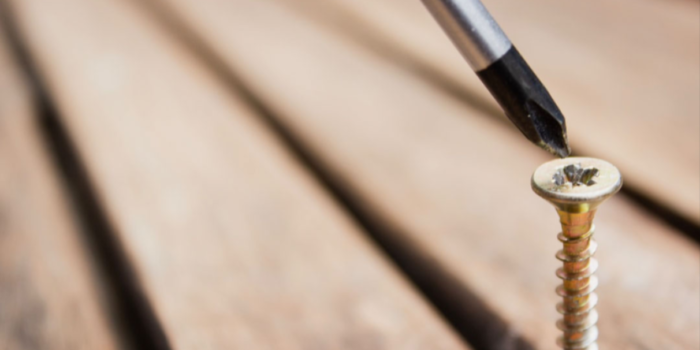
In the United States, over 200 billion fasteners are created each year. But, not all of these fasteners are created equal. If you are looking for the best options, here is what you need to know about stainless steel screws and fasteners.
Check out our EZ Screw Builder to build your custom screw!
Five Thing You Need to Know About Stainless Steel Screws and Fasteners
-
- Stainless Steel is a Soft Metal
Stainless steel is considered a soft metal, and as such isn’t recommended for high load uses that require a great deal of strength. However, because stainless steel screws and fasteners are available in different grades, it is possible to find stainless steel options that are stronger. Grade 410 stainless steel, for example, is a variation that offers a higher strength yield.
- Corrosion
While stainless steel screws and fasteners are highly corrosion-resistant, they can still corrode under the right circumstances. Stainless steel grades, 305 and 304 are examples that have a variety of their own benefits, but when exposed to high levels of salt and humidity can still experience corrosion over time. For applications near beach-like conditions, grade 316 is recommended.
- Non-Magnetic
Stainless steel is not magnetic and as such is not a good candidate where magnetism is needed. However, if the goal is to create something with no magnetic pull or interference, stainless still is something to consider.
- Self Repairing Layer
Stainless steel screw and fastener options have an oxide coating that helps protect from external environmental factors. This is one of the main contributing factors that makes it so good at withstanding corrosion. As long as the steel is in an environment rich in oxygen, any damage to the metal will cause the oxide layer to begin to reform and re-protect the damaged area.
- Reactions with Aluminium
Stainless steel and aluminum don’t get along. Because one is positively charged and the other negatively charged, these metals, if introduced with an electrode — such as saltwater — galvanic corrosion will occur and ruin the integrity of the materials. To avoid this happening, utilize a barrier between the two materials or simply forgo the use of one entirely.
-
-
-
-
Stainless steel can be an excellent option for custom screws and fasteners, but only if you fully understand the limitations and conditions in which it will be used. If you are looking for the best custom screws and custom fasteners, reach out to a manufacturer and discuss your options. They will be able to help you decide if stainless steel is the best option for you.
Related Articles
When it comes to product design, every detail matters. From the choice of materials to the manufacturing process, every decision can significantly impact the functionality, durability, and aesthetics of a...
Spending $1500-$3000 on a custom screws may seem excessive to some, but for designers and engineers who are passionate about their craft, it can be a necessary expense to solve...
Tamper proof screws are an important security feature for many industries, including electronics manufacturing, aerospace, and government. They are designed to prevent unauthorized access to sensitive equipment, products, or areas...

